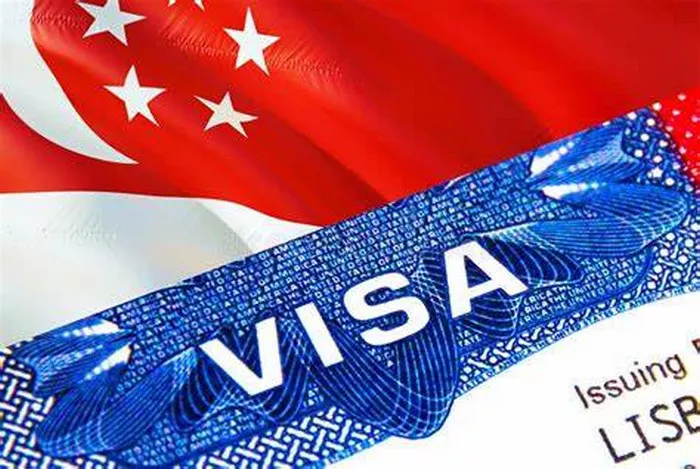Navigating Singapore’s dynamic job market as a foreign professional requires understanding the intricacies of its visa system. Among the array of options available, the S Pass stands out as a pivotal pathway for mid-level skilled workers. This comprehensive guide delves into the essence of the S Pass visa, unraveling its significance, eligibility criteria, application process, and the benefits and restrictions it entails.
What is S Pass in Singapore?
The S Pass, a prominent component of Singapore’s work visa framework, caters to mid-level skilled foreign professionals aiming to contribute to the nation’s workforce. Introduced in 2004, it complements the Employment Pass by offering opportunities to individuals who possess valuable skills and experience but may not meet the EP criteria. Targeting roles such as technicians, supervisors, and skilled workers, the S Pass addresses the needs of industries requiring moderate skill levels.
1. Target Group:
The S Pass is tailored for foreign professionals who exhibit moderate skill levels, filling positions that demand specific expertise. Unlike the Employment Pass, which targets high-skilled professionals, the S Pass caters to individuals with intermediate skills. It provides an avenue for non-residents to contribute meaningfully to sectors like manufacturing, construction, and services, enriching Singapore’s diverse workforce.
2. Comparison:
While the Employment Pass attracts higher-skilled professionals, the S Pass caters to mid-level skilled workers. Unlike the Work Permit, which is for unskilled or semi-skilled workers, the S Pass requires a certain level of expertise. This differentiation ensures that Singapore’s workforce is diverse, catering to various skill levels and industry needs.
Eligibility Criteria
1. Salary Requirements:
As of 2024, the minimum qualifying salary for the S Pass stands at SGD 2,500 per month. However, variations exist based on factors such as age, experience, and job nature.
2. Educational Qualifications:
Applicants must possess a diploma or degree from a recognized institution to meet the educational requirement. Specific qualifications may vary depending on the industry and job scope.
3. Work Experience:
Relevant work experience in a related field is essential for S Pass applicants. While the exact years of experience required may vary, a few years of relevant work experience are typically expected.
4. Quota and Levy:
Employers hiring S Pass holders are subject to quota restrictions and levy costs. Quotas regulate the number of foreign workers a company can employ, while levies are fees imposed per S Pass holder to manage foreign workforce inflow and prioritize local employment.
Application Process
The application process for an S Pass involves several steps:
1. Preparation: Employers gather necessary documents and ensure eligibility before submission.
2. Submission: Application submission is typically online via the Ministry of Manpower’s website.
3. Document Submission: Employers provide supporting documents such as educational certificates and passport details.
4. Processing: MOM processes the application, with timeframes varying based on application volume and completeness.
5. Outcome: Employers receive notification of the application outcome. Successful applicants receive an In-Principle Approval letter, allowing entry and employment in Singapore.
Benefits and Restrictions
1. Benefits:
Work and Live in Singapore: S Pass holders can legally work and reside in Singapore for the pass duration.
Bring Dependents: Eligible S Pass holders may bring immediate family members to reside with them.
Potential Permanent Residency: Holding an S Pass may lead to permanent residency, contingent upon factors like length of stay and contributions to Singapore’s economy.
2. Restrictions:
Quota Restrictions: Employers face limitations on S Pass hires based on industry and workforce composition.
Dependency Ratio Ceilings: Employers must adhere to dependency ratio ceilings, ensuring a balance between foreign and local workers.
Inability to Start a Business: S Pass holders are not permitted to start businesses in Singapore and are bound to employment with the specified employer.
Conclusion
In summary, the S Pass visa scheme plays a crucial role in Singapore’s workforce management, offering opportunities for mid-level skilled professionals while balancing the needs of various industries. Understanding the eligibility criteria, application process, and associated benefits and restrictions empowers both employers and applicants to navigate the visa framework effectively, fostering a dynamic and diverse workforce in Singapore.


